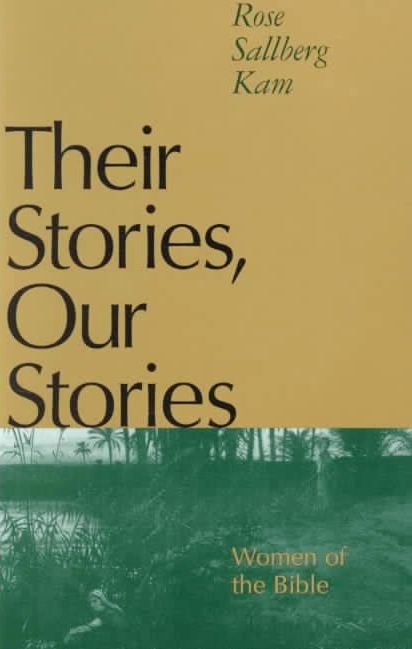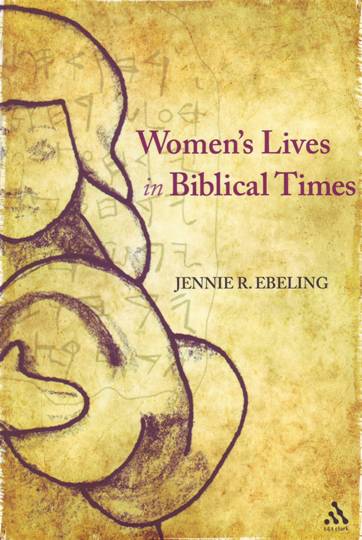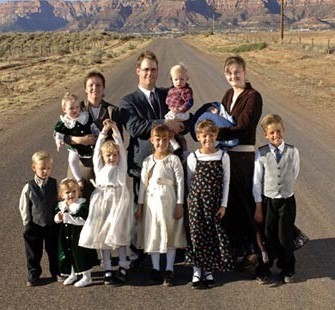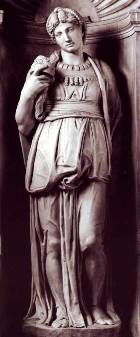What’s on this page?
Extra ideas about the tragic story of Rachel and Leah, from famous Bible writers.
‘The love, hate, jealousy, and strife that complicate this family saga rival the convolutions of any television miniseries. Yet the plot lines involving the women spring from a single source – Jacob’s adoration of Rachel, a love so exclusive that it arouses in Leah and Rachel an impassioned rivalry.
When Jacob first arrives in Aram-naharaim, he finds himself standing at the very place where his grandfather’s steward first came upon his own mother, Rebekah. Though grimy and sun-scorched, he is primed for romance: he tries to rid the scene of onlookers even before he has a clue to Rachel’s incandescent beauty.
 When she arrives, he is dazzled. With a super-human rush of adrenaline, he heaves aside the massive well-stone and waters Laban’s sheep. Merely giving Rachel a kiss of greeting overwhelms him, and this immediate love proves to be no passing infatuation. He works fourteen years for Rachel (years that seem to him “a few days”), and becomes the first of his people ever to erect a memorial pillar to a woman.
When she arrives, he is dazzled. With a super-human rush of adrenaline, he heaves aside the massive well-stone and waters Laban’s sheep. Merely giving Rachel a kiss of greeting overwhelms him, and this immediate love proves to be no passing infatuation. He works fourteen years for Rachel (years that seem to him “a few days”), and becomes the first of his people ever to erect a memorial pillar to a woman.
So blazing a love acts as a negative catalyst, however, in the lives of Leah and Rachel. Sparks of resentment may first have been ignited long since, in the sisters’ childhood—the adventurous Rachel forever annoyed at hearing that she ought to come in from the fields and learn to keep house; the plain Leah sick to death of half-hearted compliments on her lovely eyes. When the rivalry bursts to flame in the marriage, both women suffer: Leah, for she is fertile but unloved; Rachel, for she is loved but barren.
Despite Jacob’s obvious preference for Rachel, Leah’s obsession with him must have awakened early, for she willingly poses as her sister in the wedding tent. Her complicity in Laban’s ruse apparently backfires, however, arousing in Jacob not love but scorn—or, at the least, indifference.
In the end, Leah abandons her quest for love and settles for the more attainable goal of respect: “my husband will honour me like a princess” (Gen 30:20). The loved Rachel, meanwhile, feels equally reproached. She must listen, day after day, to the cooing of Leah’s babies, evidence of her sister’s fruitfulness. Despairing of her own value, she proclaims that she will die if she has no son.
Then, when she does bear a son, she very humanly prays for another. Ironically, when this prayer too is answered, she dies giving birth. Yet Rachel at least lives to see her first son grow into boyhood, while Leah never gains the love for which she yearns.’
‘Their Stories, Our Stories’, Rose Sallberg Kam, Continuum New York, 1995, p.62-63
‘Although the Hebrew Bible does not provide many details about the reality of menstruation, Leviticus 15 relates that regular and abnormal female genital discharge was considered unclean and that menstruating women were restricted from participating in public religious activity during that time (Lev. 15.18-33).
 Specifically, menstruation resulted in a seven-day period of impurity when a woman could not enter the sanctuary. The menstruating woman and the objects under her could transfer impurity, and anyone who touched her or these objects would experience a one-day period of impurity and would be compelled to wash themselves and their clothes.
Specifically, menstruation resulted in a seven-day period of impurity when a woman could not enter the sanctuary. The menstruating woman and the objects under her could transfer impurity, and anyone who touched her or these objects would experience a one-day period of impurity and would be compelled to wash themselves and their clothes.
If a man engaged in intercourse with a menstruating woman he was either impure for seven days (Lev. 15.24) or cut off from his people, along with the woman (Lev. 20)
No passages indicate that women were isolated, and there was no specific need for sacrifice or ablutions at the end of the seven-day period; only the passage of time ended a woman’s impure state.
There are other references to menstruation in the Hebrew Bible, notably two stories in Genesis:
- Genesis 18, where the text relates that “it had ceased to be with Sarah after the manner of women“(18.11) and
- Gen. 31 .3-1-35, the story of Rachel’s theft of her father’s teraphim.
Rachel’s story provides some interesting information about the reality of female menstruation in the context of the ancient Israelite household. In this passage, after Rachel steals her father Laban’s teraphim — household gods — and sits on them to hide them, she matter-of-factly tells her father that she cannot stand up when he enters the tent to search for them because “the way of women is upon me” (Gen. 31 .35).
This passage “might reflect a small and tight social group in which everybody knew which of the women menstruated, and when” (Philip 2005, 24), and it was perhaps not at all unusual for household members to discuss female menstruation.
In addition, Laban did not find Rachel’s reason for not standing up unusual or suspicious, so it may have been considered normal for a menstruating woman to be seated more than usual.’
‘Women’s Lives in Biblical Times’, Jennie R. Ebeling, T.& T. Clark International, 2010, p.68-69.





